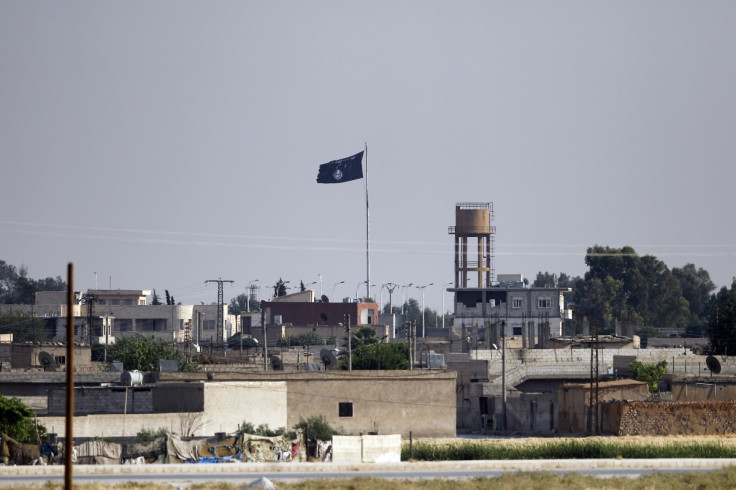Isis defectors: Brutality towards Sunni Muslims and misery of Islamic State 'utopia' sparks disenchantment of foreign legion

Islamic State (IS) defectors ought to be given legal protection and encouraged to publicly denounce the jihadist group, according to a new study by a counter-radicalisation think tank which claims that increasing numbers of militants are defecting.
The International Centre for the Study of Radicalisation and Political Violence says that governments ought to provide IS (Isis) members who have defected with legal protection to encourage them to denounce the group, with many leaving because of its brutality to Muslims in areas it controls, its corruption and its failure to take on the regime of Syrian President Bashar al-Assad.
In the report, entitled Victims, Perpetrators, Assets: the Narrative of Islamic State Defectors, the report's author and centre director Peter Neumann argues that governments should "provide defectors with opportunities to speak out; assist them in resettlement and ensure their safety; and remove legal disincentives that prevent them from going public".
"The defectors' very existence shatters the image of unity and determination that IS seeks to convey," Neumann continues." Their narratives highlight the group's contradictions and hypocrisies. Their example encourages members to leave the group. And their experience and credibility can help deter others from joining."
The report claims that defectors often faced the risk of prosecution for speaking out.
In the UK, membership of a terrorist organisation is punishable by up to 10 years in prison and a fine. Under new government plans, those undertaking terrorist training could be punished by life imprisonment.
Commenting on the report, the UK's independent reviewer of terrorism legislation, David Anderson, said the Crown Prosecution Service already had the legal means to protect defectors from prosecution.
"Joining Isis or encouraging support for them is a serious terrorist offence, and should remain so. The fact that someone has defected, or provided useful intelligence, may already be taken into account in deciding whether it is in the public interest to prosecute an individual, or in passing sentence," he said.
The international centre, which tracks UK jihadists fighting for IS in parts of Syria and Iraq it controls, said since January, 2014, 58 people had defected from IS and spoken publicly, with this likely to represent only a small fraction of defections. Nine of these defectors were from western Europe or Australia, the study claims, with two from the UK, who defected in August.
Purported utopia
Neumann said that the group's brutality towards the Sunni Muslims it claims to defend was the most common reason for defections, while others left because it was more focused on fighting other rebel groups and organisations rather than the Assad regime. Defectors also described life under IS as "corrupt and un-Islamic" and "harsh and disappointing".
IS has brutally persecuted religious and ethnic groups including Shia Muslims and Yazidis in territory it controls. But the report claims it is only brutality towards Sunni Muslims which led former members to defect.
"The only brutality that the majority of defectors objected to was violence against 'Muslims' – that is, Sunni Muslims – whose rights they believed should have been protected," said the report. "Brutality, therefore, didn't seem to be a universal concern: it was seen through a sectarian lens, and caused outrage mostly when its victims were fellow Sunnis."
Many Western jihadists were shocked by the poor quality of life within the purported utopia of the IS. "Westerners seemed to find it hard to cope with shortages of electricity and basic goods, though few were willing to admit that this was the reason they defected from the group," the report said.
The report says that defections have increased, with 60% recorded this year, and a third in the last three months. It describes the dangers defectors face in leaving IS territory, and the fear of reprisals and prosecution those who speak out face once they have escaped. Many of those attempting to leave Isis have been executed as "spies or traitors".
© Copyright IBTimes 2024. All rights reserved.






